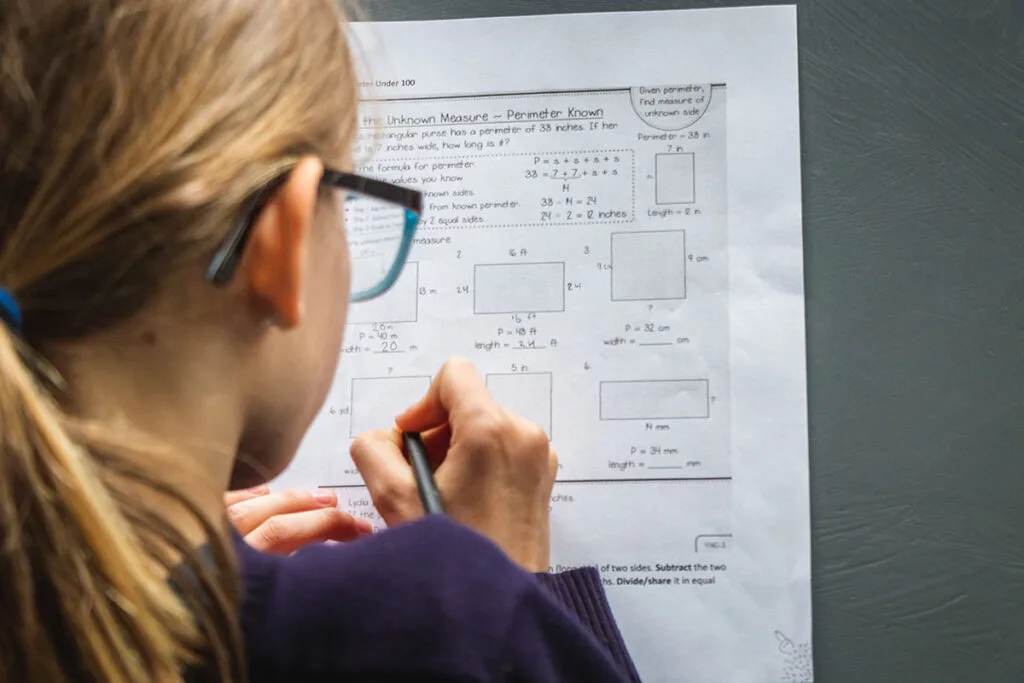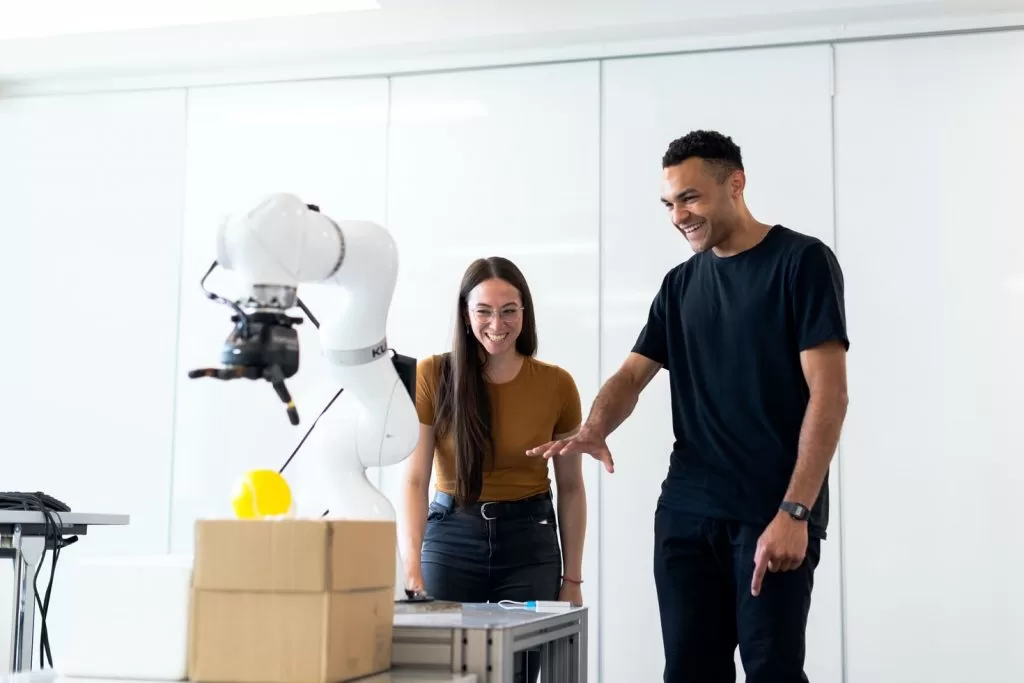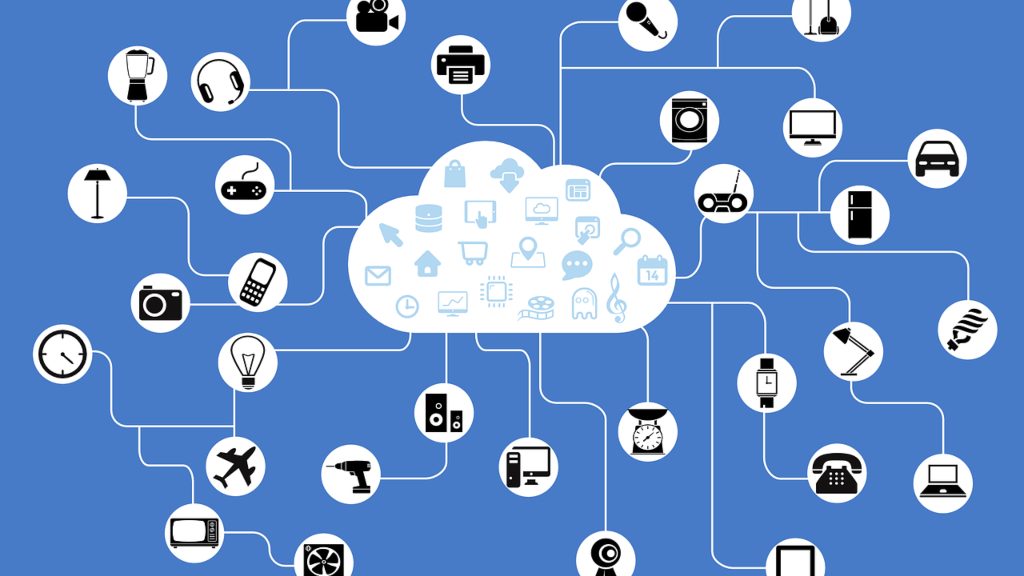
For starters, how about a trip back in time! We don’t need to go that far… Just yesterday, people were vibrating with a walkman (a cassette tape external audio player created in Japan in 1979), soon this technology was replaced by CDs and DVDs. Today, songs are stored in the cloud through applications developed for this purpose and are retransmitted by our cell phones. And speaking of cell phones… in 1983 the first cell phone was marketed (Motorola DynaTAC 8000x) a laptop measuring 30 cm and weighing 1 kilo! Let’s go back then!
Technology in recent years, especially digital, has evolved socially in a way that would revolutionize not only the way we live, but also the way we work, learn, and have fun. This scenario leads to the emergence of digital equipment and resources such as electronic games, digital platforms, applications and software, among others.
Image: JESHOOTS.COM on Unsplash
According to research carried out by Fundação Getúlio Vargas, Brazil has 440 million digital devices (computers, notebooks, tablets and smartphones) in use, that is, there are two per inhabitant. The study also reveals that today there are 9.4 computers (desktop, notebook and tablet) for every 10 inhabitants.
But what are the changes that this scenario proposes to future professionals? Let’s find out together…
Do you know a data detective?
Have you heard of the data detective profession? And as an IT facilitator or walker/talker? Curator of digital memories? Upright Farmer? Digital Tailor?
No! And looking at these professions can seem to us that we are in a fiction book, which is not true. Information technology company Cognizant carried out analyzes of current macro trends in several areas, such as the environment, migration, biotechnology and demography, and arrived at the design of 21 professions that are emerging or that will emerge soon.
The important thing in this reading of professions of the future is to understand that they have in common digital skills and skills that integrate areas of Science, Technology, Engineering, Arts and Mathematics, as well as interpersonal skills as routine aspects of work are taken over by machines.

Image: Greg Rosenke/Unplash
It is worth mentioning that we are not talking about machines that will take the place of humans, but about the use of technology to minimize human effort.

Image: Unsplash
And are our schools preparing students for this reality?
Curiosity
IT Facilitator – professional who explores digital trends and creates platforms self service automated, for users to build their own collaborative environments, including virtual assistants.
walker/talker – self-employed professionals, such as Uber drivers, who serve elderly customers through online platforms to chat with them.
Curator of Digital Memories – contacting professional stakeholderspress and historical sources to recreate and architect past experiences of clients who lost their memories, using virtual reality as a work tool.
Digital Culture at school
For many years, developed forms of public policies for digital inclusion that understood the need to give access to technology, especially to the most vulnerable students, equipping schools with computers and later offering training with the inclusion of computers and peripherals, ended up not having great results. effects on the training of young people for the professions of the future in Brazil.

Image: Mars Sector/Unsplash
It is worth mentioning that there is a need for Public Policies that offer hardware support, but it is necessary to go further, that is, to integrate technology into the curriculum, as a process of empowerment of Youth and of providing opportunities for the inclusion of these citizens in the economy of the future – not only as users of technology, but as producers of solutions.
Currently, with devices in the palm of the hand, such as cell phones and tablets, it is necessary to leverage technology as a tool for cultural representation and social change.

Image: Shutterstock
When we look at what we call digital culture, it is worth noting that it appears among the ten general competences defined by the National Common Curricular Base (BNCC), which proposes to students to understand, use and create digital technologies in a critical, meaningful and ethical way for communication. , access to and production of information and knowledge, problem solving and acting as protagonist and authorship (competence nº 5).
The BNCC also points to the teaching of programming languages, in addition to mastering the use of algorithms and data analysis, with the path to the formation of a new generation of providers of new solutions in tune with the demands of the labor market of society. of the 21st century.
The new tools, systems and applications will enable students to increase their level of interaction with technologies, modifying them and having the freedom and empowerment to create them. Researchers point out that programming will be one of the main skills required in the next ten years.
To know more
21 (POSSIBLE) professions of the future to discover today. In Practice.org, 24 Feb. 2020
—



